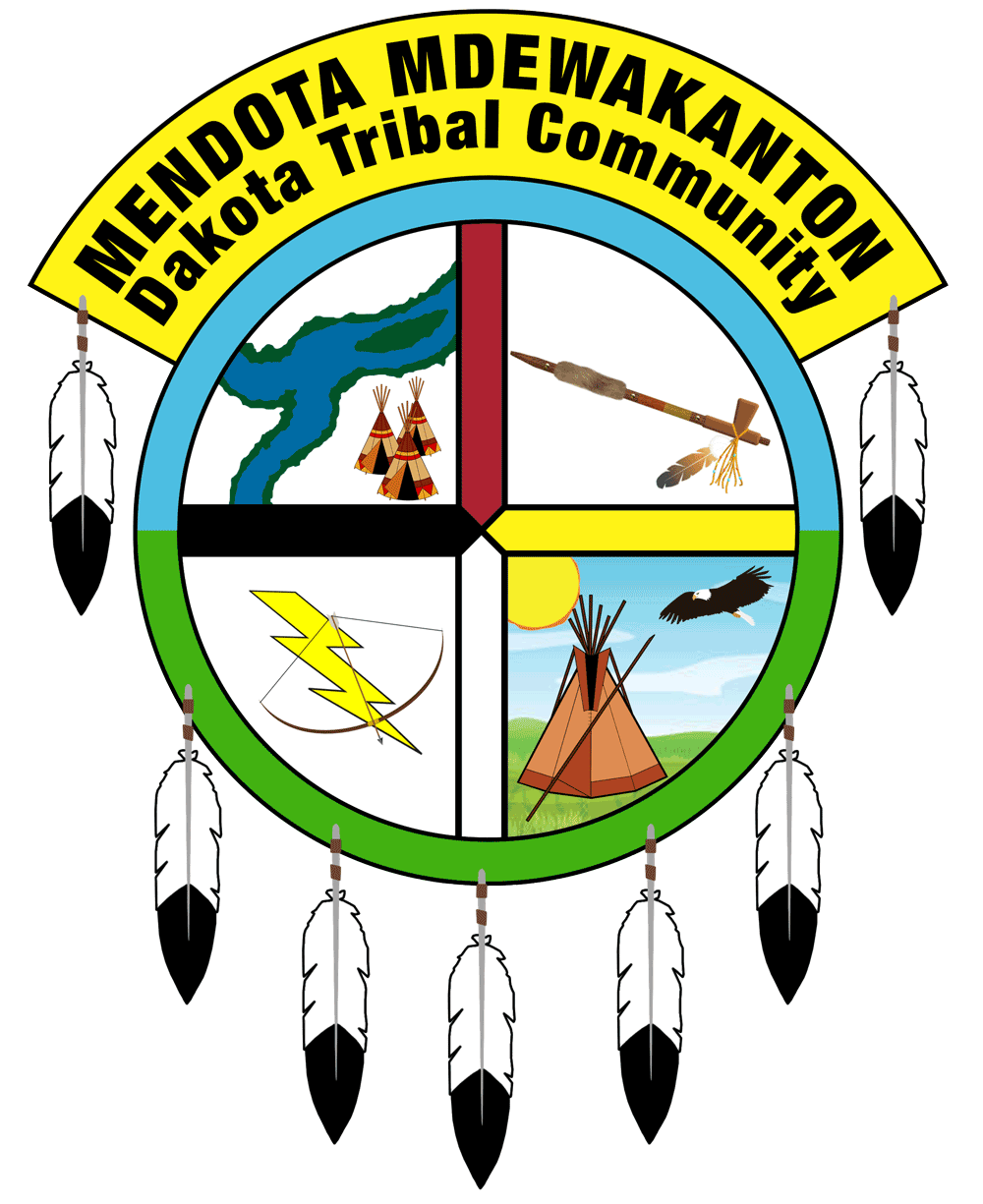Canada apologizes for decades of abuse of Indians
By MAGGIE FARLEY and CHRISTOPHER GULY Los Angeles Times
June 11, 2008
OTTAWA – Canadian Prime Minister Stephen Harper apologized Wednesday to the nation’s Indians for “a sad chapter in our history,” acknowledging the physical abuses and cultural damage they suffered during a century of forced assimilation at residential schools.
“Today, we recognize that this policy of assimilation was wrong, has caused great harm, and has no place in our country,” he said to applause.
A group of 11 aboriginal leaders and former students sat before Harper in a circle in the House of Commons, some weeping as the prime minister delivered the government’s first formal apology to them. In the crowded, expectant chamber, Harper bowed his head as he read a carefully crafted speech, asking for forgiveness for separating children from their families and cultures, exposing the students to abuse, and sowing the seeds for generations of problems.
“The government now recognizes that the consequences of the Indian residential schools policy were profoundly negative and that this policy has had a lasting and damaging impact on aboriginal culture, heritage and language,” Harper said.
The apology was billed by the government as a chance to redress a dark chapter in Canadian history and to move forward in reconciliation.
Over more than a century, about 150,000 native Canadian children were sent to boarding schools run by churches and the government to “civilize and Christianize” them. Expressions of native heritage were outlawed, many children suffered sexual and psychological abuse, and grew up with neither traditional roots nor mainstream footing, their ties to family and community unraveled.
Assembly of First Nations National Chief Phil Fontaine, wearing a feather headdress, took the floor to declare that the occasion “testifies nothing less than the accomplishment of the impossible.” In 1990, he was one of the first to come forward with his story of abuse and push for an apology. “Finally, we heard Canada say it is sorry.”
Several churches offered apologies in the late 1980s and 1990s. A lawsuit settled in 2006 created a $1.9 billion compensation fund, and an independent Truth and Reconciliation Commission was launched on June 1.
Analysts say that the next step for the government is to settle outstanding land claims with aboriginal groups, and to refocus policies to alleviate poverty and improve education among First Nations.
Geraldine Maness-Robertson, 72, a Chippewa, said her six years at an Anglican school were a “horrific experience,” and her hands were often whipped with a razor strap to break her spirit.
“When I left I was so full of rage and anger and hatred,” she said. “Today’s apology was so helpful, it hit all the areas of hurt. I have spent my whole life reconciling and I turned a page today.”
